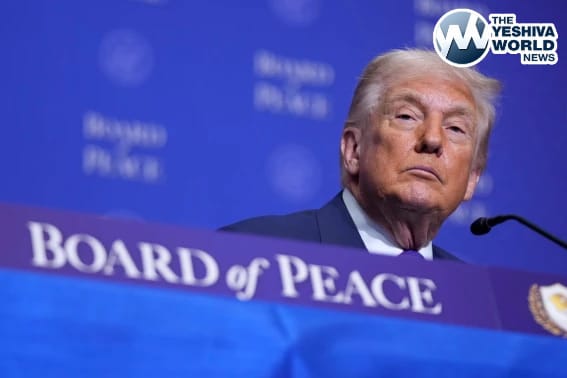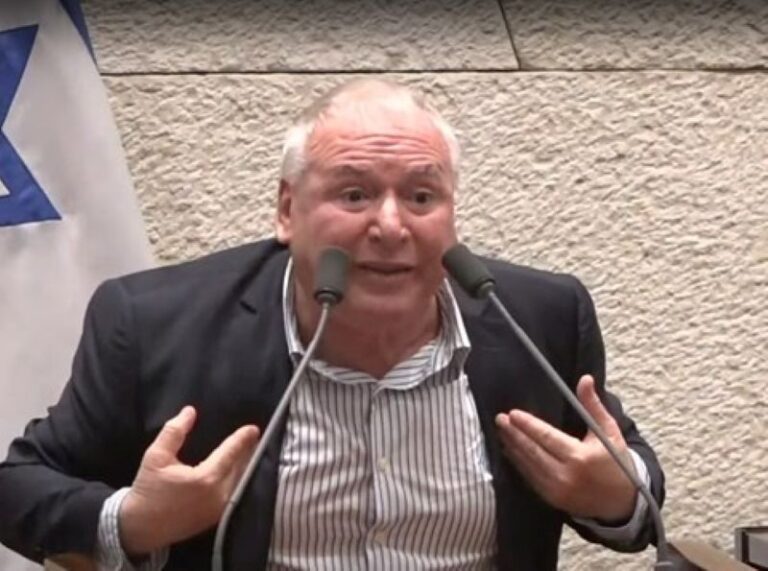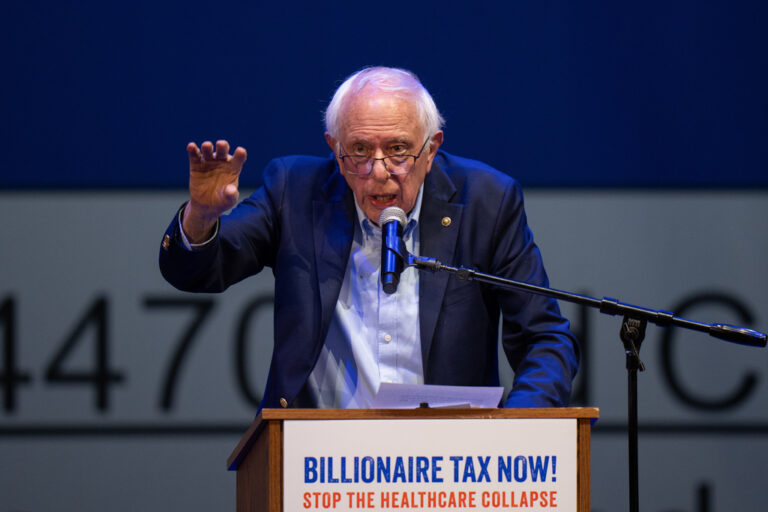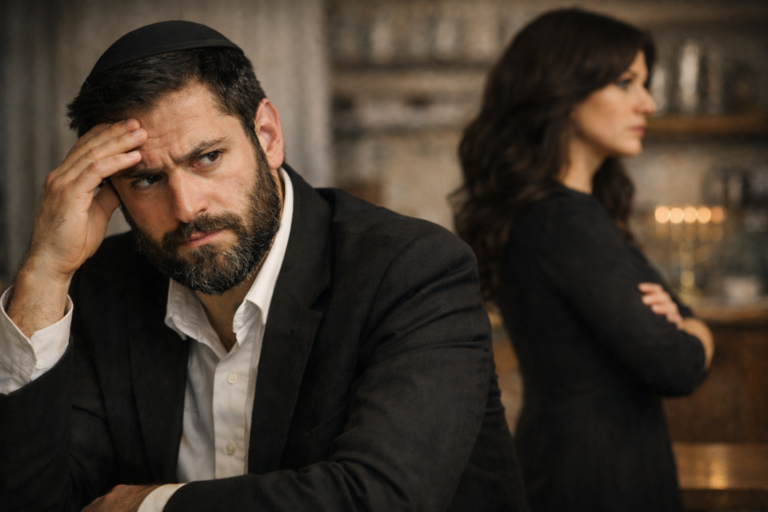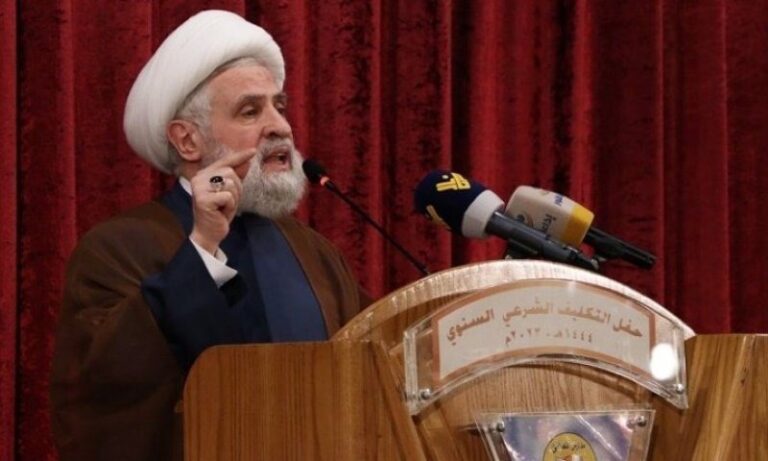Former Louisiana Gov. Kathleen Babineaux Blanco, who became the state’s first female elected governor only to see her political career derailed by the devastation of Hurricane Katrina, has died.
After struggling for years with cancer, Blanco died Sunday in hospice care in Lafayette. She was 76.
“Our hearts are broken, but we are joyful in knowing that she is rejoicing in her heavenly reunion with Christ. Please pray for God’s peace to carry us through the coming days and months of sorrow as we mourn her absence from our lives,” Blanco’s family said in a statement released by Gov. John Bel Edwards’ office.
Blanco had a rare eye cancer that she battled successfully in 2011, but it later returned and spread to her liver. Her death came more than a year after the Democrat who served in state government offices for more than two decades announced in December 2017 that she was being treated for the incurable melanoma. Blanco described being in a “fight for my own life, one that will be difficult to win.”
Blanco held Louisiana’s top elected job from 2004 to 2008. Until her campaign for governor, she spent much of her political career moving steadily and quietly through state politics, rarely creating waves or controversy. Katrina raised her profile nationally and forever impacted her legacy. The devastating August 2005 hurricane killed more than 1,400 people in Louisiana, displaced hundreds of thousands and inundated 80 percent of New Orleans.
Historians will continue to debate whether any governor could have been prepared for such a catastrophe, but Blanco shouldered much of the blame after images of thousands stranded on rooftops and overpasses were broadcast to the world, and the government was slow to respond. Blanco was criticized as unprepared, overwhelmed and indecisive. The recovery she guided moved ploddingly.
“While she knew that her name would forever be linked with Hurricanes Katrina and Rita, it was her dying wish that she be remembered for her faith in God, commitment to family and love of Louisiana,” Blanco’s family said.
As the devout Catholic asked in the letter announcing her terminal condition for prayers in her final months, she also thanked Louisiana residents for their “abiding love” during her years of service, and described the challenges of responding to Katrina and the follow-up blow of Hurricane Rita a month later. She called it an “honor and blessing” to lead Louisiana at the time.
“Katrina certainly left its mark and Rita left her mark on Louisiana. It made us tougher people though. It made us stronger,” the former governor said in July.
In the immediate aftermath of the storms, Blanco said Louisiana’s miseries were worsened by a Republican-led White House desperate to blame someone else for its disaster response failures. “I just thought I could shout more loudly than the noise around me, but in the end I couldn’t. There was just too much pain,” she once said.
Edwards, a Democrat in his first term as governor, called Blanco a mentor to him and a trailblazer to women. He ordered flags at state buildings around Louisiana flown at half-staff through Blanco’s funeral, scheduled for Saturday. A public service for the former governor will be held at the Louisiana Capitol on Thursday.
“She led Louisiana through one of our darkest hours, when hurricanes and the failure of the federal levee system devastated much of our state,” Edwards said in a statement Sunday. “I hope history will remember Gov. Blanco as a tireless advocate for Louisiana, who fought fiercely for our state to rebuild.”
A former high school business education teacher from the small Cajun village of Coteau, Blanco launched into politics as a consultant with her husband Raymond on local redistricting issues before going on to serve 24 years in elective office. Her first, in 1984, was a seat in the state House. Then came positions on the state utility regulatory commission and as lieutenant governor.
Political insiders often dismissed Blanco as a lightweight — honest and hardworking but lacking in substance as a serious gubernatorial contender. She dropped out of the governor’s race in 1991, then stunned many political prognosticators in the 2003 election by defeating Republican Bobby Jindal. She successfully attacked Jindal’s record as a former state health official and made a memorable final debate appearance when — asked about a defining moment in her life — she tearfully recounted the 1997 death of her 19-year-old son Ben in an industrial accident.
Jindal later succeeded Blanco as governor after Katrina stopped her plans to seek a second term.
“Kathleen loved Louisiana and served the state for decades. She faced every struggle, including her last, with good cheer and a strong will. She will be missed,” Jindal said on Twitter.
More than a decade after the storms, views of Blanco are generally more sympathetic. She gets praise for running a corruption-free government and championing education. She helped raise K-12 public school teacher pay and plowed hundreds of millions of dollars into colleges. The nonpartisan Council For A Better Louisiana recently praised Blanco’s successful push for a state takeover of failing public schools in New Orleans after Katrina, saying that has improved education for thousands of students.
“It’s hard to overstate how politically risky that was,” the organization wrote.
But Blanco’s tenure also was marked by heightened partisanship at the Louisiana Capitol, party-line disputes that have only intensified since she left office.
Though she stepped out of the spotlight, Blanco never entirely left Louisiana politics. She and her husband assisted Edwards in his campaigns and became close with him. Edwards called the ex-governor “a strong woman of incredible faith, a deep and abiding love of Louisiana and all its people.”
As she knew her end was near, Blanco described feeling “blessed by God” and talked of her final months as a “wonderful time for me, even though it is a time of a kind of countdown.” She talked of being surrounded by family and friends and old political foes having “a chance to make up.”
“My life has been so charmed by so many events that were unexpected and challenged by many events that were unexpected,” she said in July as a Louisiana highway was named in her honor. “But God puts you where he wants you to be.”
(AP)



